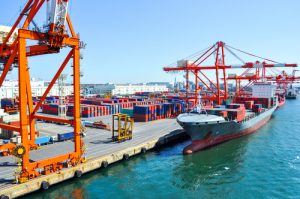 U.S. recycling leaders who are closely tied to export markets say China’s proposed import prohibition on recovered plastic and other materials could drive changes all the way back to the curb.
U.S. recycling leaders who are closely tied to export markets say China’s proposed import prohibition on recovered plastic and other materials could drive changes all the way back to the curb.

 U.S. recycling leaders who are closely tied to export markets say China’s proposed import prohibition on recovered plastic and other materials could drive changes all the way back to the curb.
U.S. recycling leaders who are closely tied to export markets say China’s proposed import prohibition on recovered plastic and other materials could drive changes all the way back to the curb.
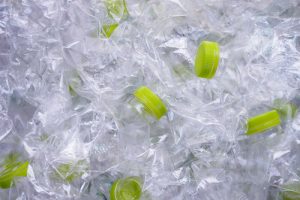 Two large operations involved in PET recovery in Southern California will receive assistance from a state agency in expanding or bringing facilities on-line.
Two large operations involved in PET recovery in Southern California will receive assistance from a state agency in expanding or bringing facilities on-line.
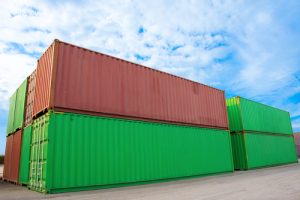 The future of recovered materials exports to China remains hazy, but the Institute of Scrap Recycling Industries (ISRI) made a few things clear after a recent trip to Hong Kong and Beijing.
The future of recovered materials exports to China remains hazy, but the Institute of Scrap Recycling Industries (ISRI) made a few things clear after a recent trip to Hong Kong and Beijing.
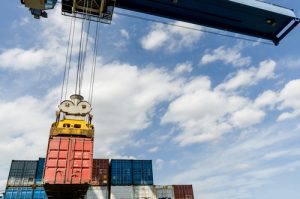 In the first month of 2017, the volume of exported material jumped over 35 percent compared with the same period last year.
In the first month of 2017, the volume of exported material jumped over 35 percent compared with the same period last year.
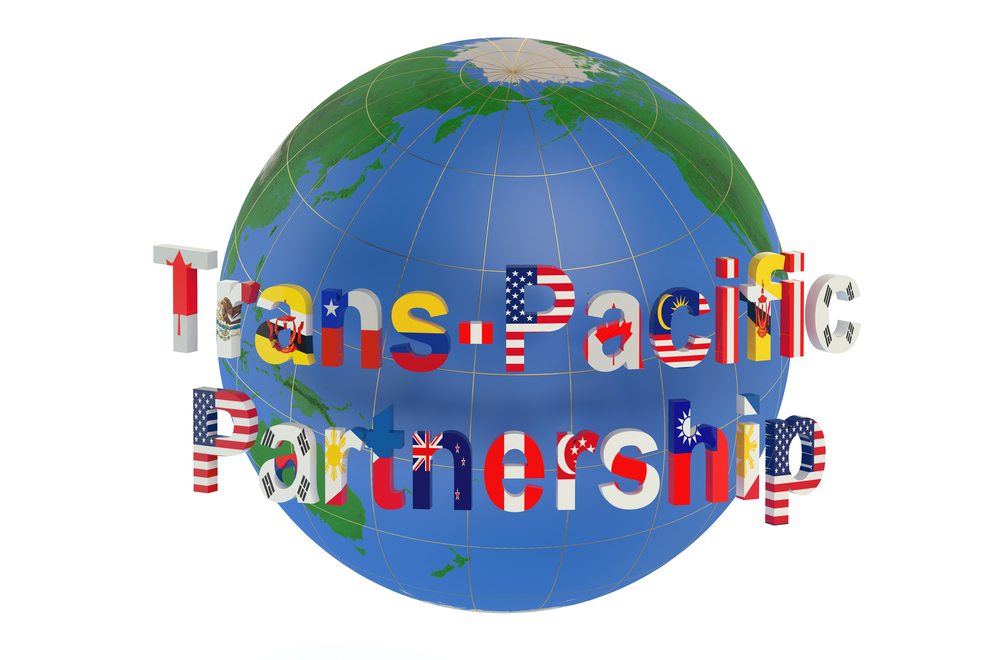 It’s election season, and one hot-button issue is the Trans-Pacific Partnership (TPP), which aims to significantly boost trading relationships between the U.S. and other countries. In the plastics recycling industry, however, opinions vary on whether the treaty would be good for business.
It’s election season, and one hot-button issue is the Trans-Pacific Partnership (TPP), which aims to significantly boost trading relationships between the U.S. and other countries. In the plastics recycling industry, however, opinions vary on whether the treaty would be good for business.
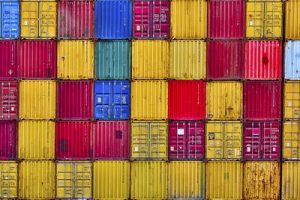 A campaign aimed at curbing criminal activity could cause headaches for those legally sending recyclable materials across the Pacific Ocean.
A campaign aimed at curbing criminal activity could cause headaches for those legally sending recyclable materials across the Pacific Ocean.
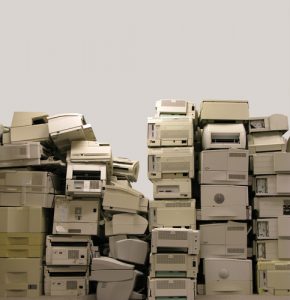 A manufacturer has been recognized for its process that uses 100 percent post-consumer plastics from e-scrap, as well as packaging and textiles, sourced from recycling companies across the U.S.
A manufacturer has been recognized for its process that uses 100 percent post-consumer plastics from e-scrap, as well as packaging and textiles, sourced from recycling companies across the U.S.
 Florida lawmakers vote to remove roadblocks for plastics conversion efforts, and Envision Plastics announces it will source millions of pounds of material from regions prone to generating ocean plastics.
Florida lawmakers vote to remove roadblocks for plastics conversion efforts, and Envision Plastics announces it will source millions of pounds of material from regions prone to generating ocean plastics.
 U.S.-produced bottle-grade prime PET prices fell 2.5 cents per pound last week in response to a surplus of domestic resin and imported PET with an intrinsic viscosity of 78 milliliters per gram or higher. Continue Reading
U.S.-produced bottle-grade prime PET prices fell 2.5 cents per pound last week in response to a surplus of domestic resin and imported PET with an intrinsic viscosity of 78 milliliters per gram or higher. Continue Reading
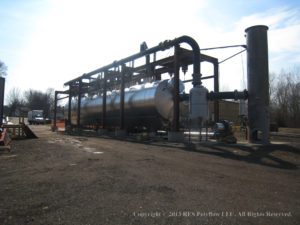 A small Midwest town is slated to welcome a plastics-to-fuel facility converting up to 100,000 tons of mixed plastics per year into gasoline and diesel fuels.
A small Midwest town is slated to welcome a plastics-to-fuel facility converting up to 100,000 tons of mixed plastics per year into gasoline and diesel fuels.
